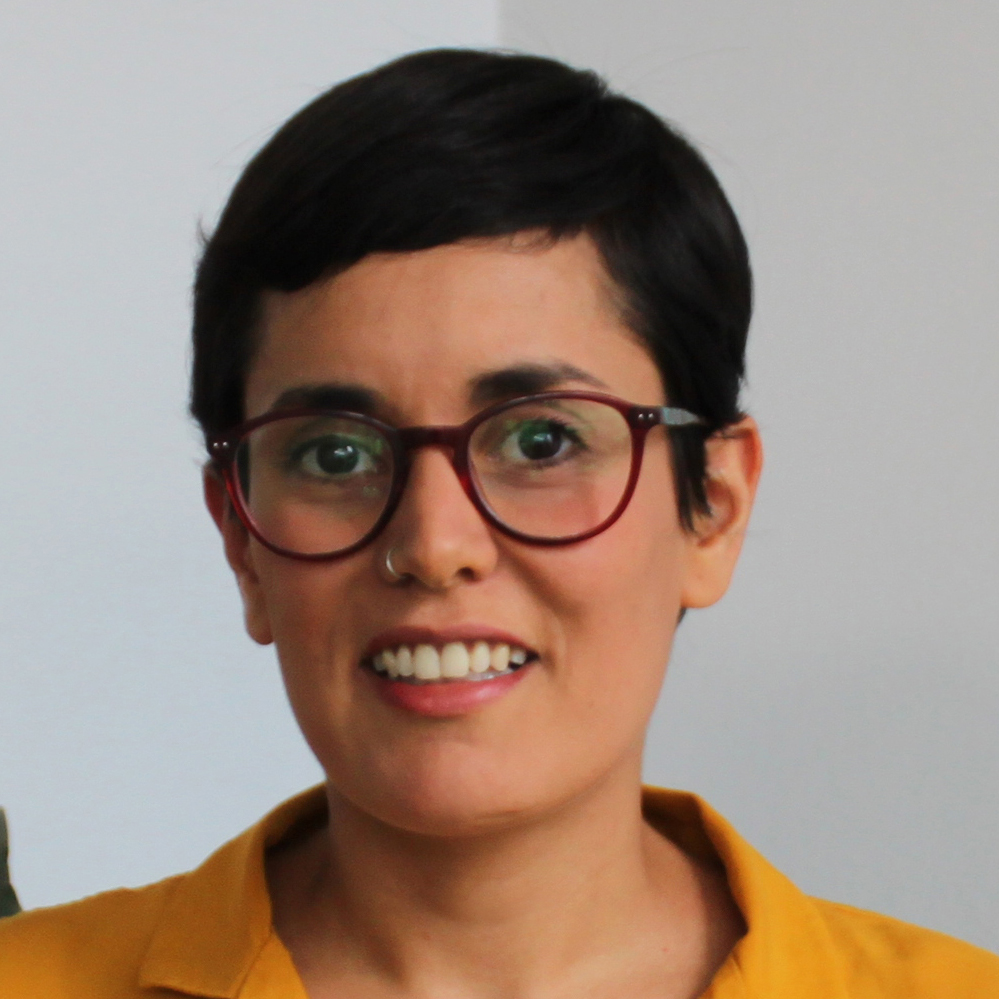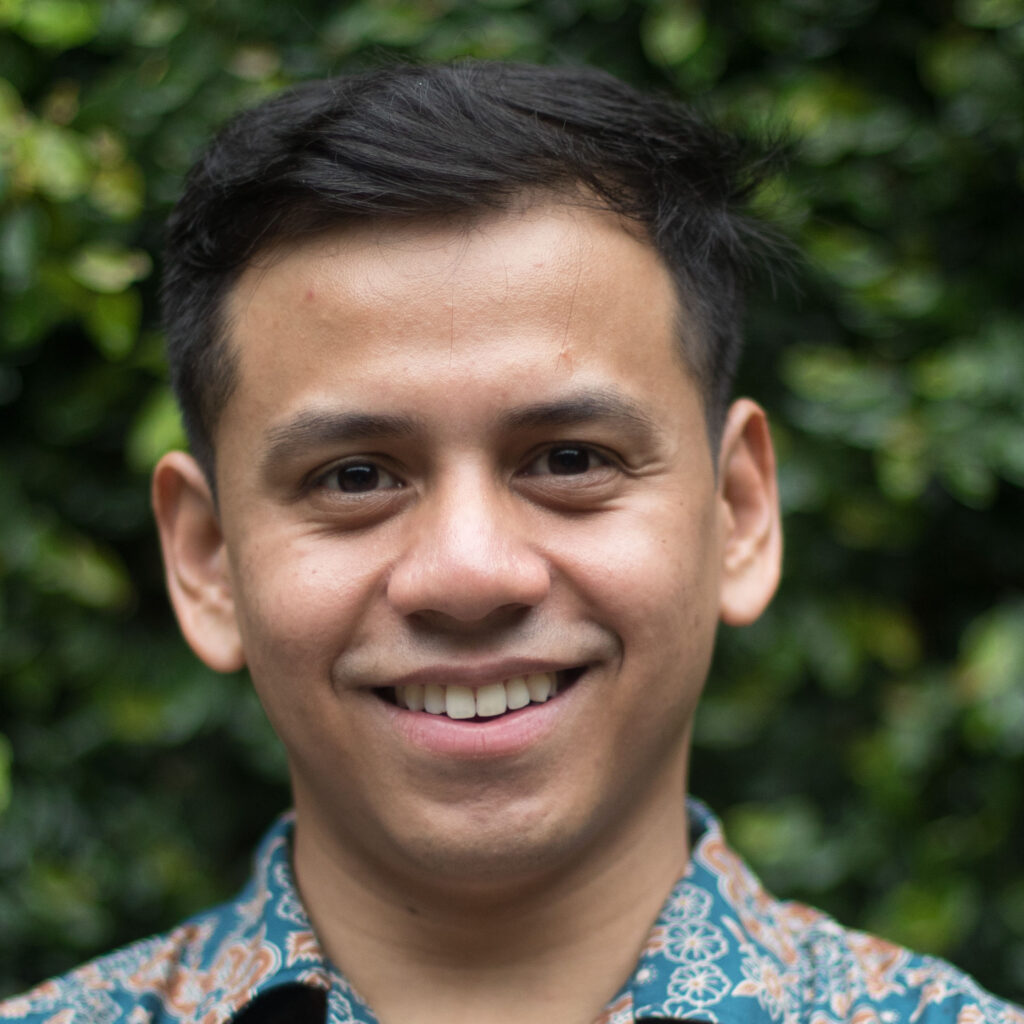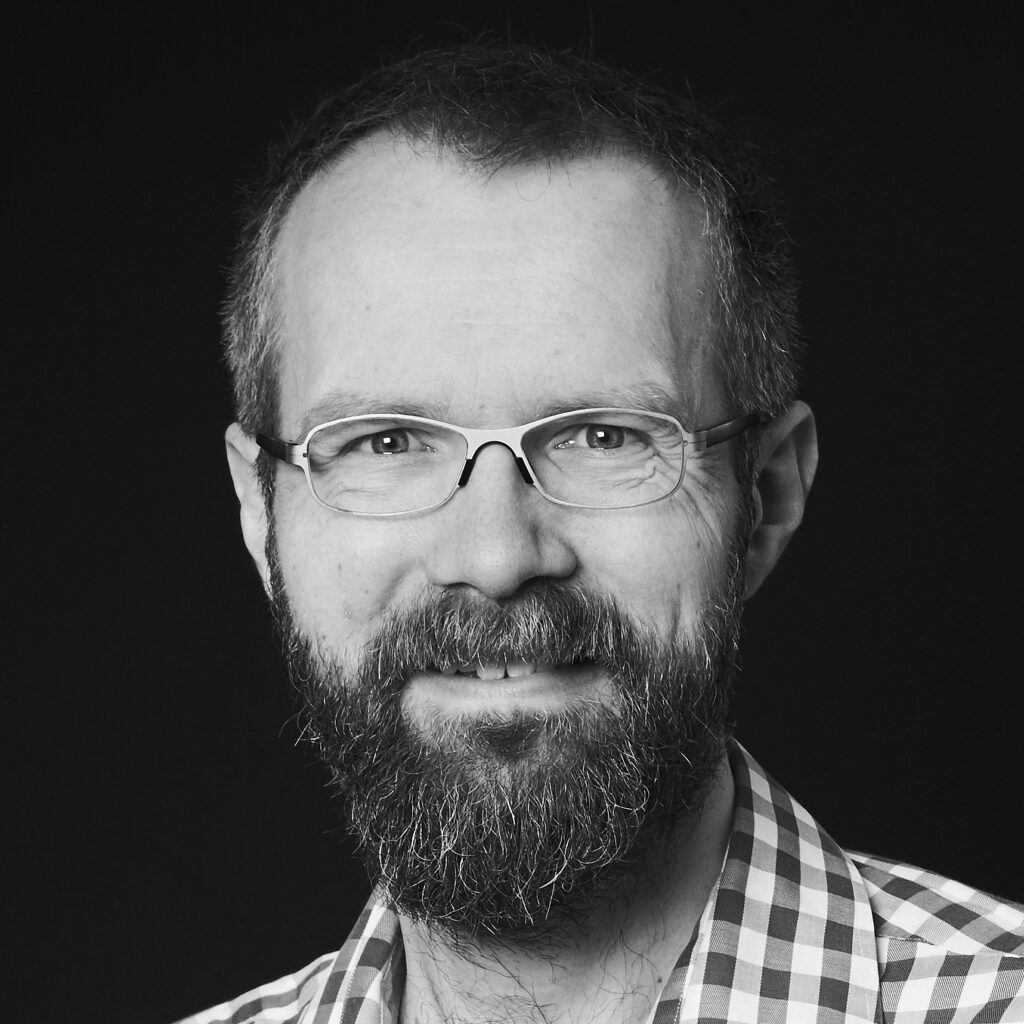The ODECO project was well-represented at the workshop on ‘Data Ecosystems and Spatial Data Infrastructure (SDI)’ organised by the Danish Agency for Data Supply and Infrastructure, EuroSDR, KU Leuven, Delft University of Technology, IGN France and DAFAGO, and held in Copenhagen December 12 and 13, 2023.
Presentations were given by ODECO Early Stage Researchers Maria Elena Lopez Reyes and Ashraf Shaharudin, and their supervisors Bastiaan van Loenen and Birger Larsen took part in the workshop. María Elena presented her reflections on ’Navigating the Ecosystem Perspective to Maximise the Value of Open Government Data’ and Ashraf’s work on ‘Designing Sustainable Business Models for Open Data Intermediaries’. Both presentations were well received and generated good discussions in the ample time allotted.


The workshop on Data Ecosystems and Spatial Data Infrastructure (SDI) brought together the views from actors ranging from the Local and National Authorities from Norway, Sweden and Denmark, European organisations such as the EC Joint Research Centre, The Alexandra Institute, and researchers working from different domains like energy transition and building infrastructure.
During the workshop, the conversations focused on the shift from traditional spatial provider-centre infrastructures to a more flexible and demand-driven data ecosystem. Most of the discussions in this direction were centred around prioritising data and ensuring its sustainability. Our impression was that, further than talking about user-drivenness and demand-drivenness, the SDI community has been challenged by their own practice due to the need to share and integrate data across domains, sectors, and scales, all this to leverage or maximise its use. The main challenge in that regard is finding mechanisms to determine what data is relevant for specific projects, but also what could be its future use and by whom. Also, in that sense, some of the participants brought to the table the challenges of making data sharing more inclusive, with some presenters promoting perspectives such as data spaces.
The presenters discussed different perspectives from the practice and theory, from which the most challenging aspects are related to collaboration in the legal, governance, operational, technical, and ethical aspects:
-
- From a legal perspective, the participants discussed the relevance of understanding the limitations from the beginning of any spatial data initiative. They also mentioned that maintaining a balance is important to avoid over-regulating.
-
- From a governance perspective, some of the cases presented show the outcomes of informal cooperation, making it evident that keeping a flexible and adaptable approach towards data sharing is essential.
-
- From an operational perspective, it was mentioned that one of the key advantages of data is that it persists over time. However, the challenge lies in finding ways to enable it to persist. The main obstacle in this respect is the lack of funding for data maintenance.
-
- From a technical perspective, participants highlighted the challenge of sharing data across sectors; therefore, data quality, specifications and interoperability aspects are important. They also highlighted the importance of data formats, as in a context where there is abundant data, new formats are emerging; how are we going to deal with them?
-
- From an ethical perspective, the challenges are related to privacy and security. In terms of privacy, the questions are about how to engage people in having active participation in the ecosystem by sharing data and giving feedback. In the security aspects, the question is what data is the one that would be openly shared and who has access to it.
We made the following observations and reflections:
-
- Spatial Data Infrastructures started as user driven infrastructures with direct interaction between data providers (e.g. mapping agencies) and users (e.g. military). After the National Mapping Agencies loosened their ties with the Ministry of Defence other users in the public domain started to use the mapping data, still with interaction with the National Mapping Agencies. After open data, the user community continued to increase with as result an overwhelming number of users, and user types. With this, the direct connection with users has to some extent become loose/ lost. With as a result a what is generally considered a provider driven infrastructure. Conclusion: the success of the use of the datasets has resulted in a failure in the user drivenness. Or the success is the explanation of the failure.
-
- Hindsight is a wonderful thing – we should learn from past experiences of what worked and what didn’t work and why. The history of the SDI development could offer valuable insights for developing other (open) data ecosystems. The risk of not learning from the past is not only that we might reinvent the wheel, starting from scratch and potentially wasting resources along the way, but we might also repeat the same mistakes! As a very straightforward example Data Space initiatives experience very similar issues now as the INSPIRE initiative and directive almost 20 years ago (e.g. lacking use cases, thematic data themes and generic data specifications).
-
- Related to this, we should engage with people who already have a lot of experience, e.g. in the SDI area. Of course, the types and users of data have expanded, and we should engage with a wide variety of stakeholders, but people who have spent decades developing data policy/initiatives, such as those involved in SDI, certainly have a lot of insights to offer.
-
- There is a risk that we might get carried away (and lost) with new concepts, terms and potentially buzzwords that keep emerging, from ecosystems, to data spaces, to intermediaries (to name a few). So, it is very important for us, as a community, to clarify what do we mean by all these concepts or terms and how do they differentiate from each other. We might be referring to the same thing but using different concepts or terms. Perhaps avoid the temptation of inventing new concepts or terms, without first checking whether the ‘community’ (however it is defined) already have a concept or term that we’re trying to refer to – otherwise, we risk of contributing to the confusion within the community.
-
- We believe that we should all practice humility, including (especially!) researchers. Sometimes, we may think we have made a groundbreaking discovery or invented something new, but in reality, we may have just reinvented something that already exists. While this isn’t necessarily a problem, it’s important to engage with people who have a lot of experience in the field to ensure that our knowledge and innovations are built on top of the existing knowledge and innovations.
Our general impression of the workshop is that the SDI community is a highly experienced data community, and open minded yet have their feet on the ground – which was very refreshing to experience. Of course, we might not find the answers (yet) to all the questions that we raised, but the workshop gave a clear impression of a community that wants to make fundamental changes on the ground.
We wish to thank the organizers, especially Ulla Kronborg Mazzoli for organizing a truly inspirational workshop with lots of new insights!

Maria Elena Lopez Reyes (Aalborg University)

Ashraf Shaharudin (TU Delft)

Bastiaan van Loenen (TU Delft)

Birger Larsen (Aalborg University)


